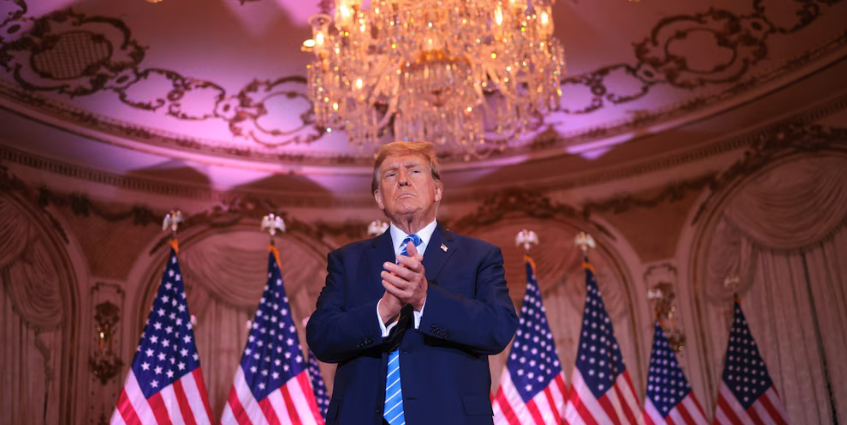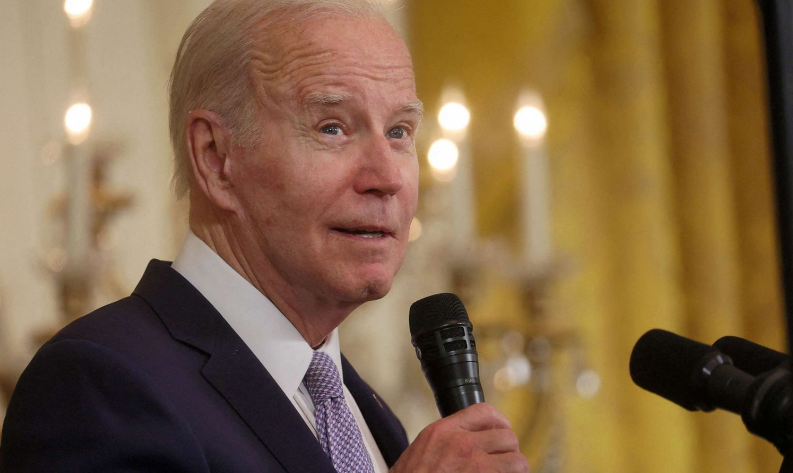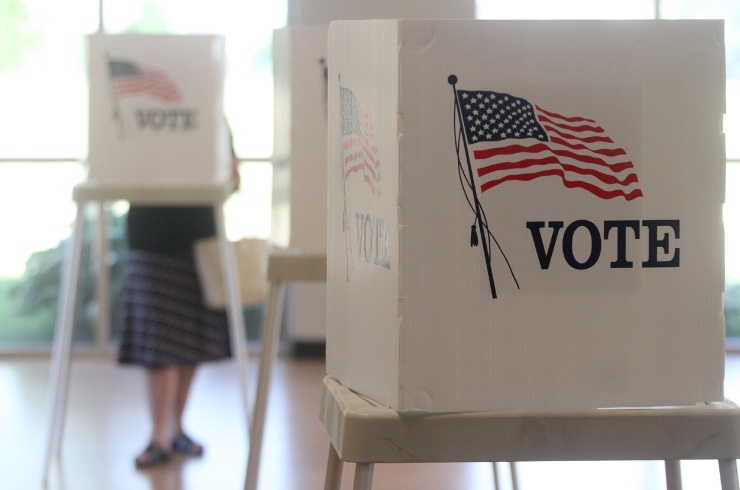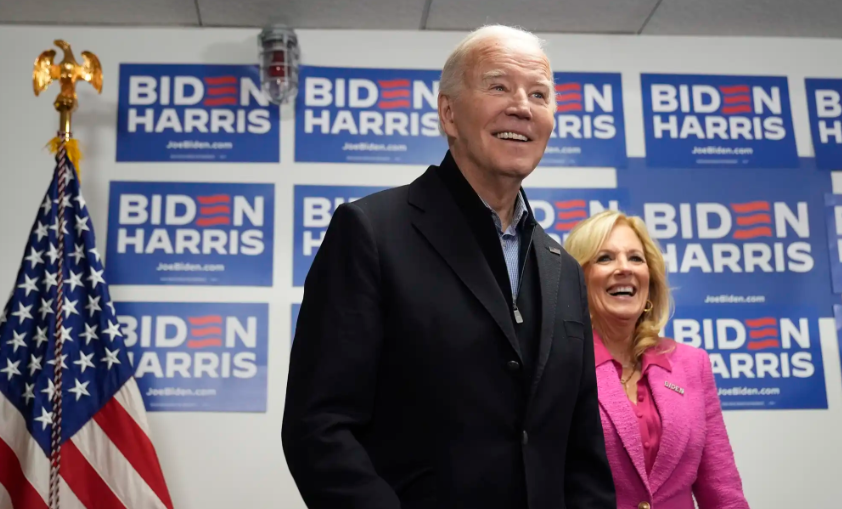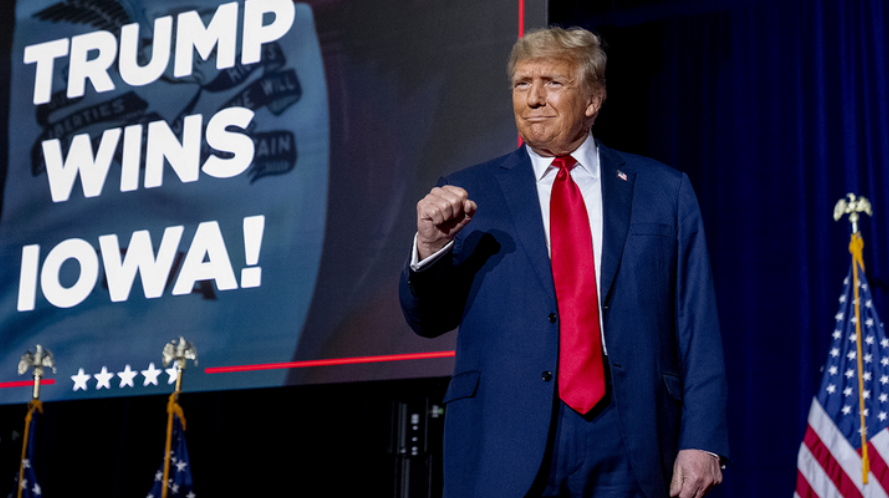In an honest admission, Congressman Ritchie Torres of New York revealed that he mistakenly voted against a significant House resolution aimed at condemning antisemitism on college campuses. An advocate against such discrimination, particularly in academic settings, Torres took to X, formerly known as Twitter, to express his regret and correct the record.
The resolution in question, H.R. 789, specifically denounces the support for terrorist organizations like Hamas and Hezbollah within institutions of higher education, highlighting the potential creation of a hostile environment for Jewish students, faculty, and staff.
Torres’s post on Thursday night underscored his commitment to fighting antisemitism, stating, “On the House floor, I mistakenly voted against a resolution condemning campus antisemitism. As a visible and vocal advocate against such discrimination on college campuses, especially in the wake of October 7th, I have submitted a correction for the record.”
He went on to emphasize his disdain for pro-Hamas protestors, expressing his strong opposition with unequivocal clarity.
While the resolution passed with an overwhelming majority of 396-23, Torres wasn’t alone in his party with the misstep. Notably, 22 Democrats voted against it, including members of the left-wing “Squad.”
Amidst this, Torres also addressed the alarming terrorist attack by Hamas against Israel on October 7, which resulted in significant loss of life, including more than 1,400 Israelis and at least 33 Americans. In his advocacy for a secure and tolerant educational atmosphere, Torres penned a letter to Education Secretary Miguel Cardona, voicing his concerns over the rise of antisemitic incidents on college campuses.
Furthermore, Torres was vocal in his criticism of a $14.5 billion aid package to Israel, questioning its funding sources and practicality, considering its unlikely passage in the Senate and potential presidential veto. His stance underscores the complexities and challenges in addressing such critical issues within the legislative process.


